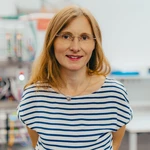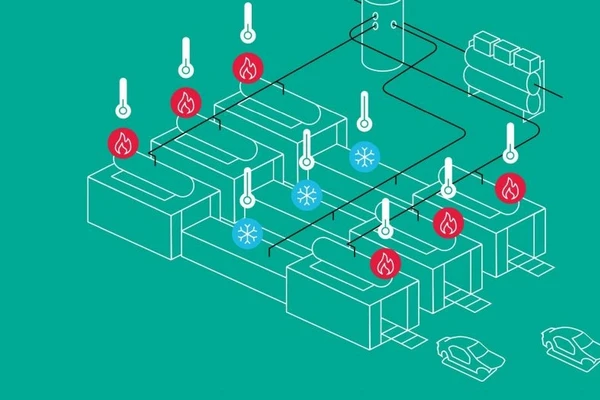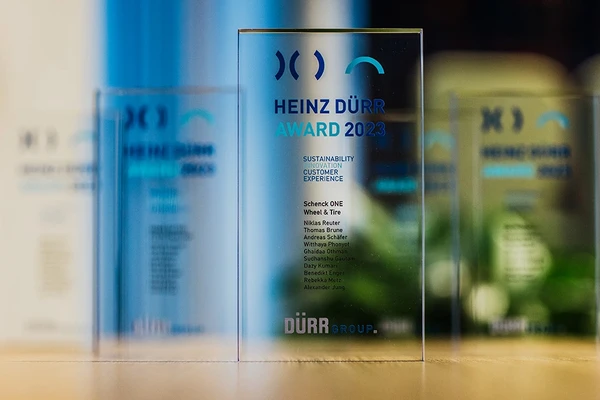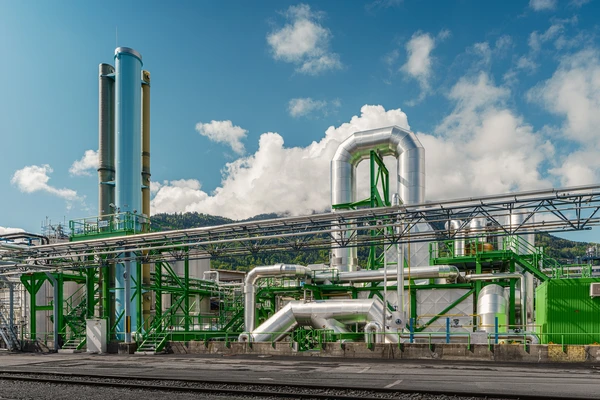
Behind the scenes
Jul 19, 2024
Interview with Nina Herr about the tasks of the virtual commissioning team
Twelve years ago, Nina Herr started as a software test engineer on the Virtual Commissioning team. Since then, she has enthusiastically supported projects designed to ensure that Dürr machines and systems satisfy the highest quality standards. She is repeatedly intrigued by her varied tasks and the collaboration with many different customers and international colleagues. In this interview, she explains how her work benefits Dürr’s customers.
Ms Herr, what does the Virtual Commissioning team actually do?
Our department works behind the scenes to ensure our customers get the best possible solution. We use a digital model world to identify potential problems in the early project phase, preventing them from occuring in reality. Our focus is on the interaction between robot control, cell control, and visualization.
What exactly do you do?
Virtual commissioning involves performing system-specific simulations, like access doors opening or a fire breaking out. This greatly simplifies and speeds up the real commissioning since we can recognize issues in a digital environment that would otherwise go unnoticed. The rule holds true: the earlier a discrepancy is noticed – whether mechanical, electrical, or in the software – the easier and more cost-effective it is to fix.
But isn’t all software already put through its paces by the developers? Why are you needed?
Our global team acts as a second line of quality assurance and acceleration. During the real commissioning, all software components are loaded onto the system and the functionalities are tested in conjunction with the hardware. This used to take four to five weeks. Thanks to virtual commissioning, we can reduce the software implementation process to a few days, making the start-up phase much more efficient for our customers.
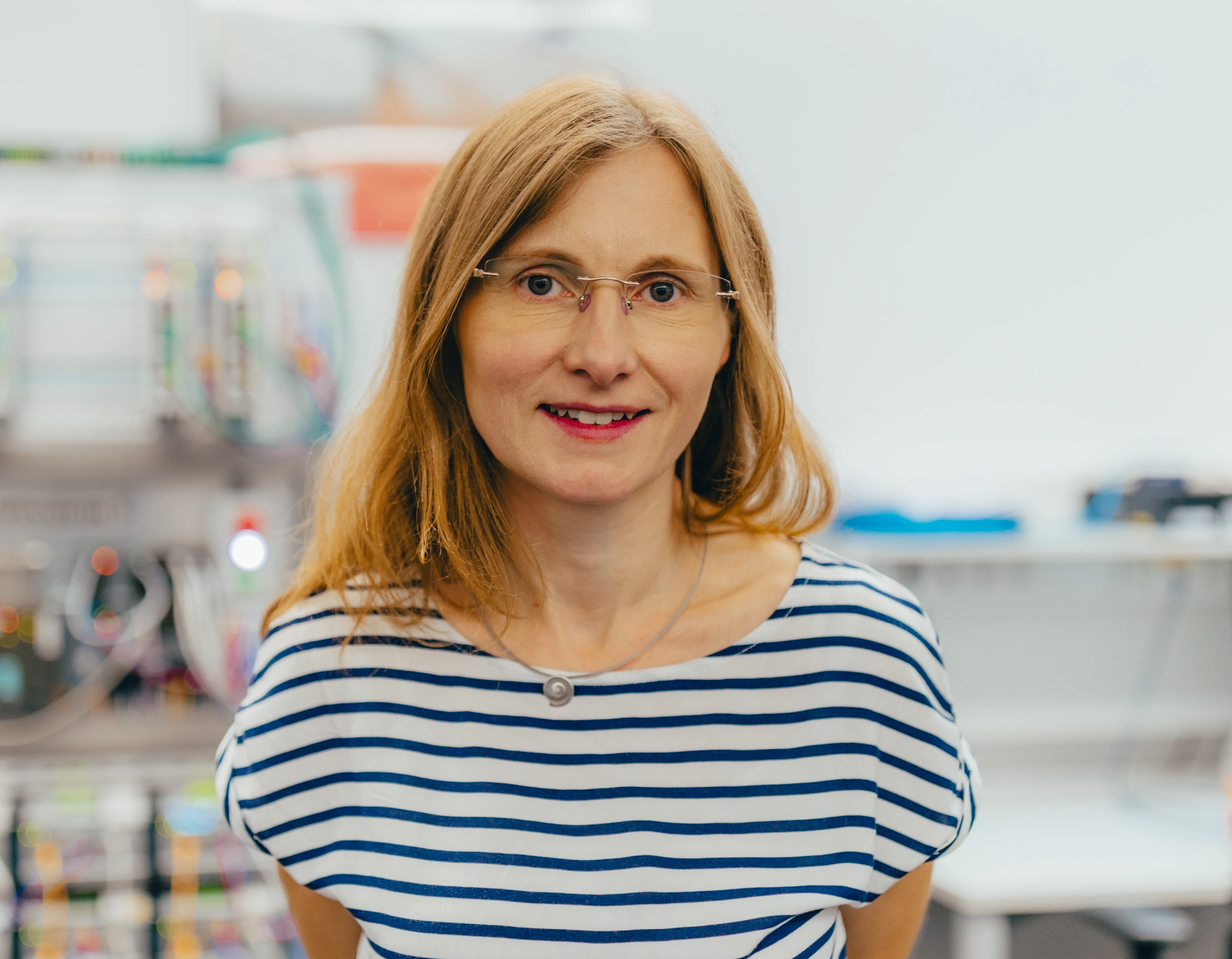
Is virtual commissioning only useful when building new systems?
No, it is as beneficial in both brownfield as in greenfield applications. For example, adding a new robot station or a special color connection to an existing system can often be done in just one to two weeks with our technology. We can even implement conversions for new cleaning equipment or similar changes in just one weekend.
What other benefits are there?
We can perform the troubleshooting completely independently of the hardware. This means we don’t have to be physically at the system, which can be time consuming and complicated due to visa restrictions. Our experts work remotely from the test environment and still have a global reach. This is a huge advantage during troubleshooting. Special phenomena often occur following commissioning, and to find the error, we don’t have to stop production; instead, we look for it in the virtual image.
What skills do you and your team have?
The team in the simulation lab is composed of software test engineers with extensive commissioning experience. I have a degree in electrical engineering and spent many years commissioning programmable logic controllers. We are highly familiar with these systems operations and know the typical errors humans and machines make. We can simulate such situations perfectly to support our colleagues with their tests and provide a second pair of eyes.
Can you describe this in more detail in reference to your role?
Our motto “Leading in Production Efficiency” applies to our own internal processes too. The Virtual Commissioning team helps design these processes to efficiently deliver the quality our customers expect from us. We see ourselves as internal service providers with high technical know-how from extensive practical experience in commissioning. We coordinate the test stations, provide the required equipment, and support the simulations, which are always conducted by teams of three – one colleague from robot control, one from visualization, and one from cell control. Our team provides the perfect environment and checks all important work steps as part of quality assurance – because, as you know, four eyes see more than two.
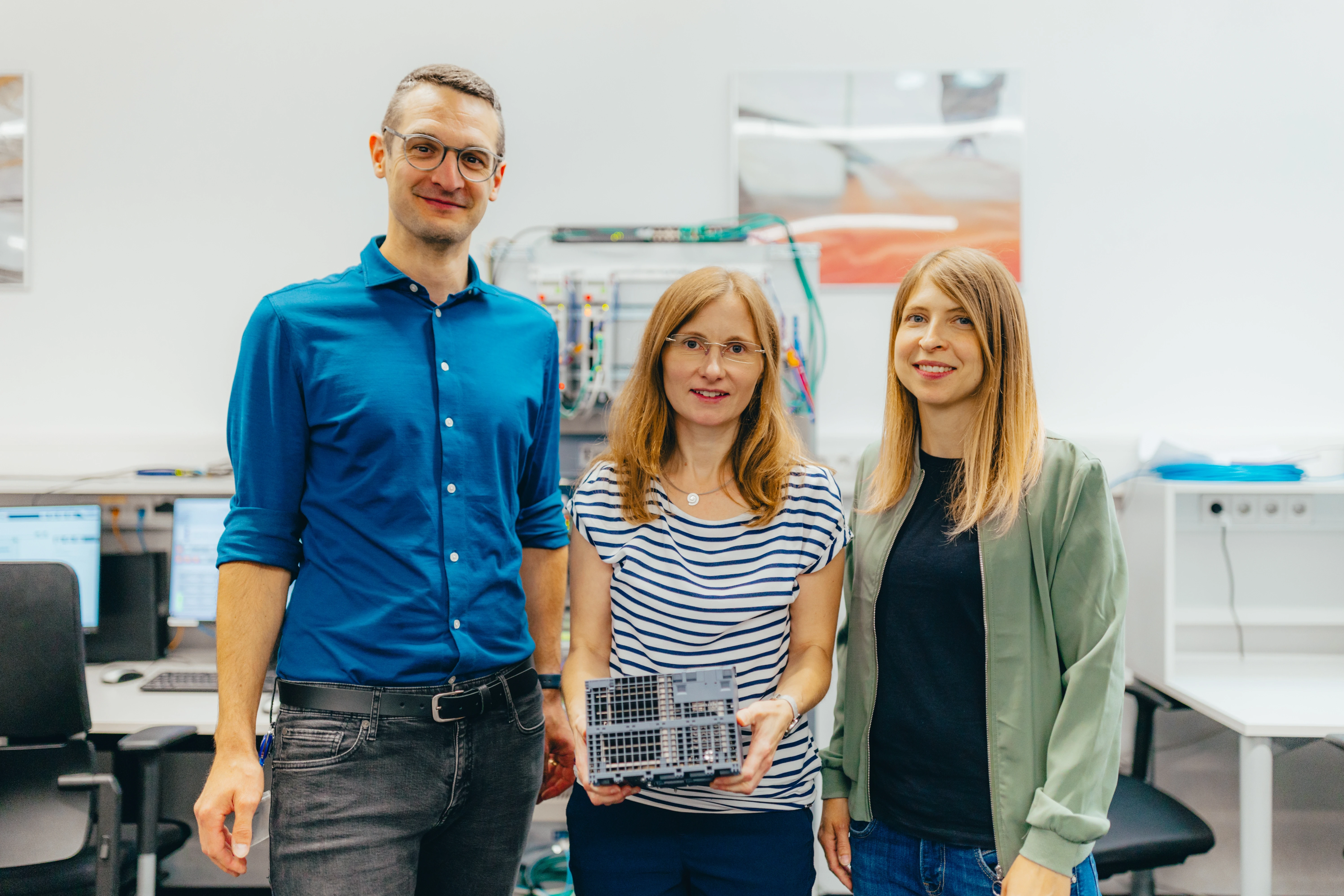
What do you like most about your work?
I’m inspired by the variety of tasks. We are programmers, support specialists, and schedule managers all in one. We also get to see all the new innovations straight away, such as the use of RFID in our EcoBell 4 high-speed rotary atomizer. We have lots of personal contact with our colleagues in the simulation lab and regularly engage in cross-border projects. This could involve a joint test between our Chinese location and our Polish colleagues, conducted remotely via our specially secured company network. Both aspects are interesting in their own way.
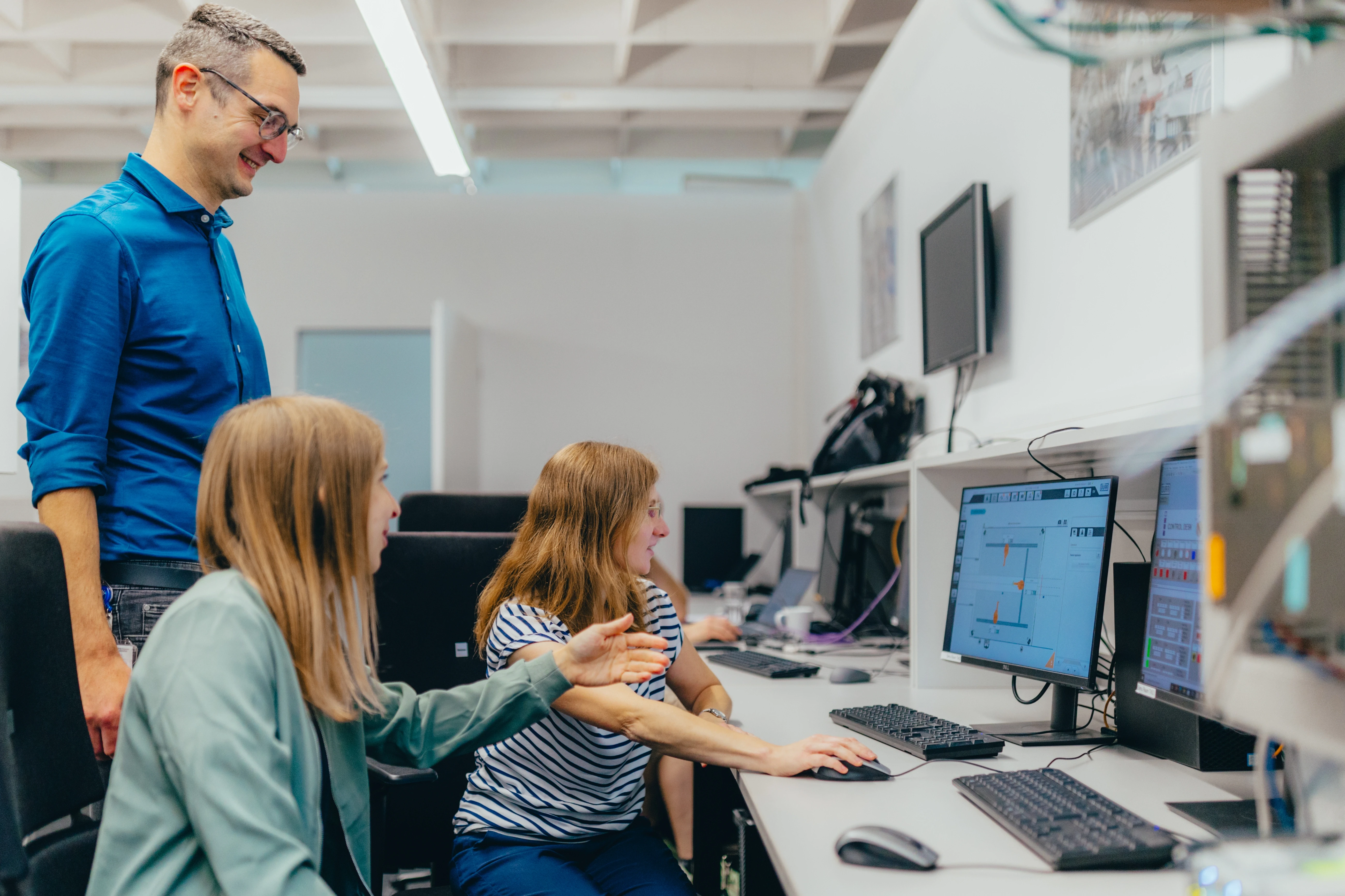
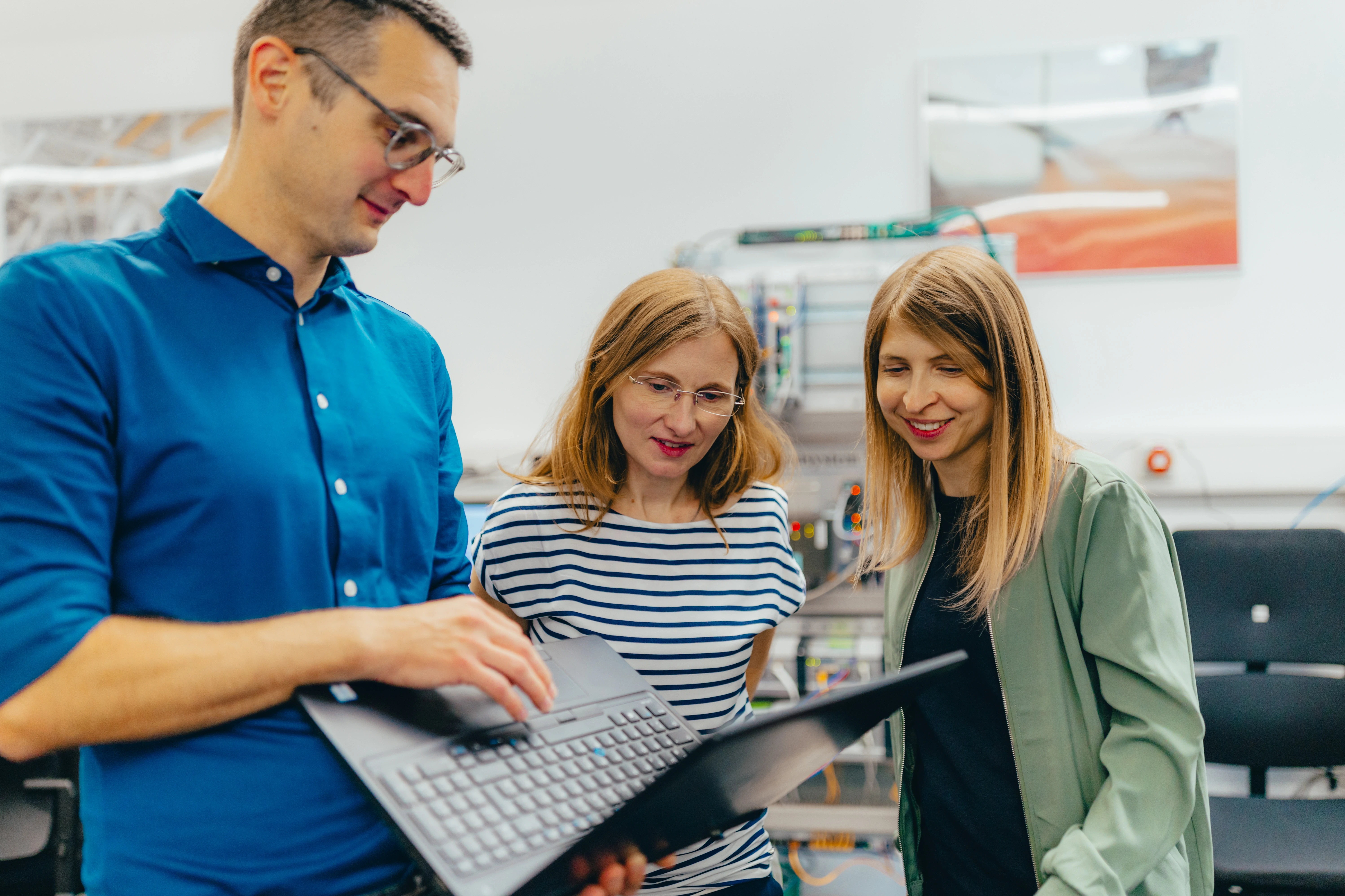
Software development happens at an incredible pace. How do you stay up to date?
We have our Virtual Commissioning Forum, an international, Dürr-internal network where more than 40 colleagues and guest speakers come together twice a year for a hybrid event. They present on current virtual commissioning projects from various perspectives sharing highlights from the last six months, discussing challenges and lessons learned. What virtual commissioning projects have there been? What were the challenges? What did we learn from them? The goal is to create synergies, to share knowledge, and make this knowledge accessible to everyone in an internal library.
It seems as if nowadays nothing would work without virtual commissioning...
Many manufacturers are just now adopting virtual commissioning. But for us, it’s not new. We’ve been using a hardware emulation and software tool for 15 years, continuously developing it, and keeping it up to the latest technical standards. Experience shows that our systems are always reliably commissioned within the scheduled time frame. Our customers really appreciate this.
